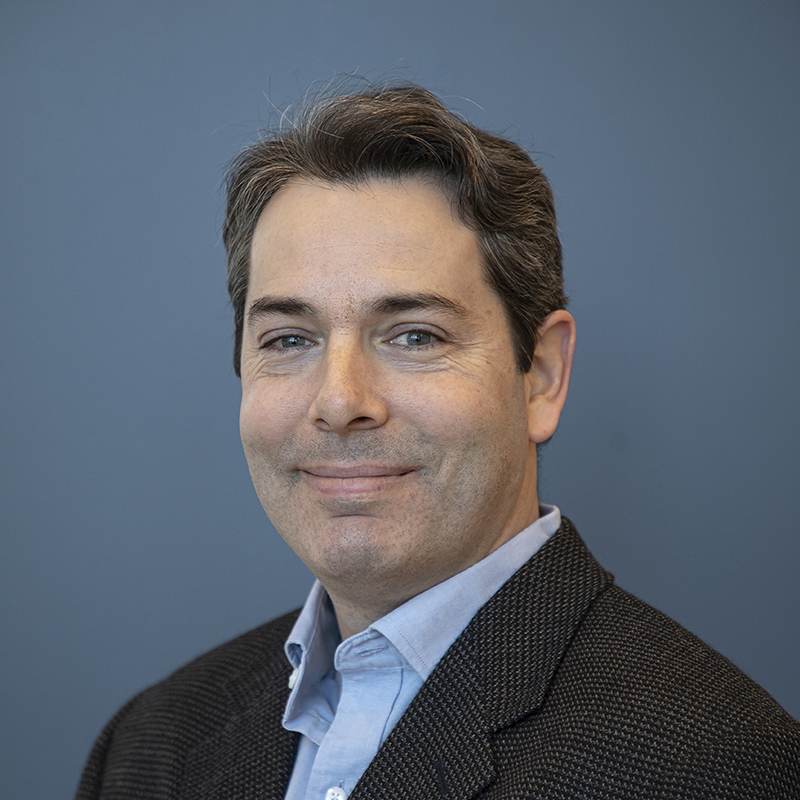Protecting and Preparing Coastal Communities
We build partnerships by bringing stakeholders and interested parties from all sectors to the table to optimize expertise, and to integrate all elements related to coastal resilience such as, but not limited to, land use and future development, transportation, housing, economic development, public facilities and infrastructure, natural resource protection, and historic properties and cultural resources.
We help make resilience a priority by working directly with communities to raise awareness, identify challenges and build support for addressing them; implement beneficial solutions.
We share information with this network and the public by using continuous and open communication to learn and leverage from other’s successes and failures, to avoid duplication and to improve and enhance resiliency among coastal communities.
We inform decision-making to foster action through the development of science, tools, and data; by using common and consistent messages, promoting best practices and providing accessible education and training.
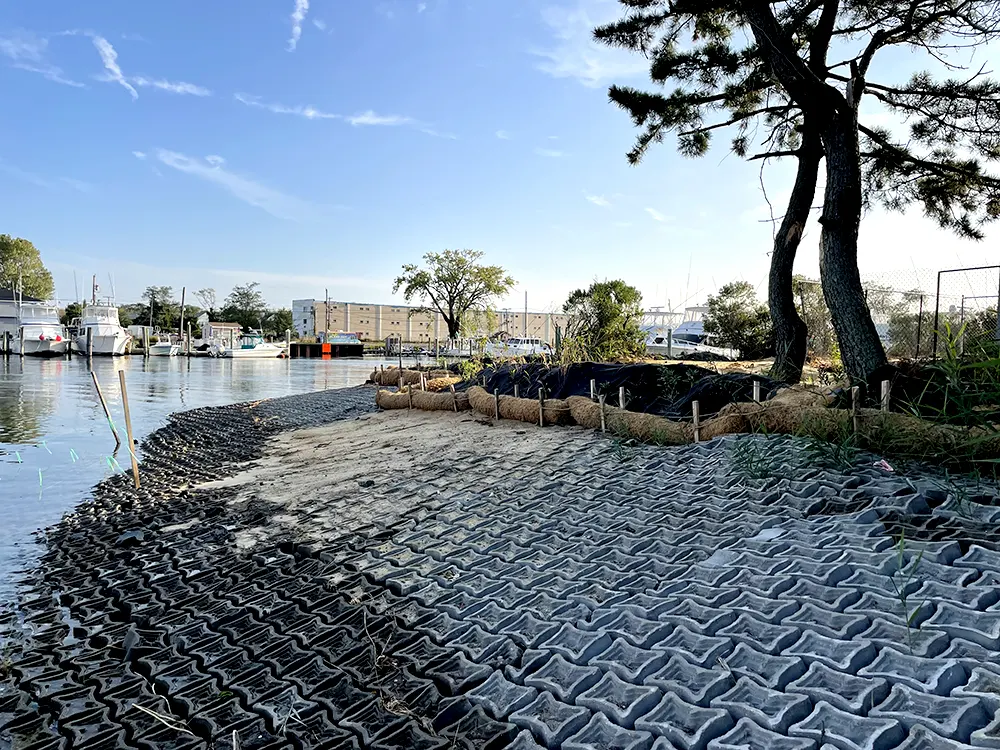
Our Purpose
The New Jersey Coastal Resilience Collaborative (NJCRC) is a network established to foster sustainable and resilient coastal communities and ecosystems by generating informed action.
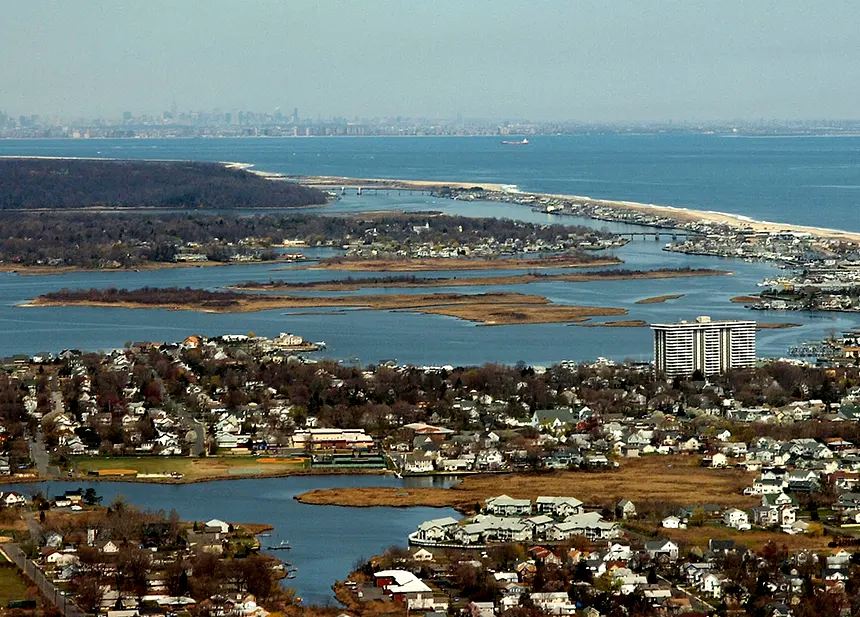
Who We Are
NJCRC partners include, but are not limited to: state and private universities, non-profit and for-profit groups, national estuary programs and reserves, advocacy groups, state agencies and regional planning groups.
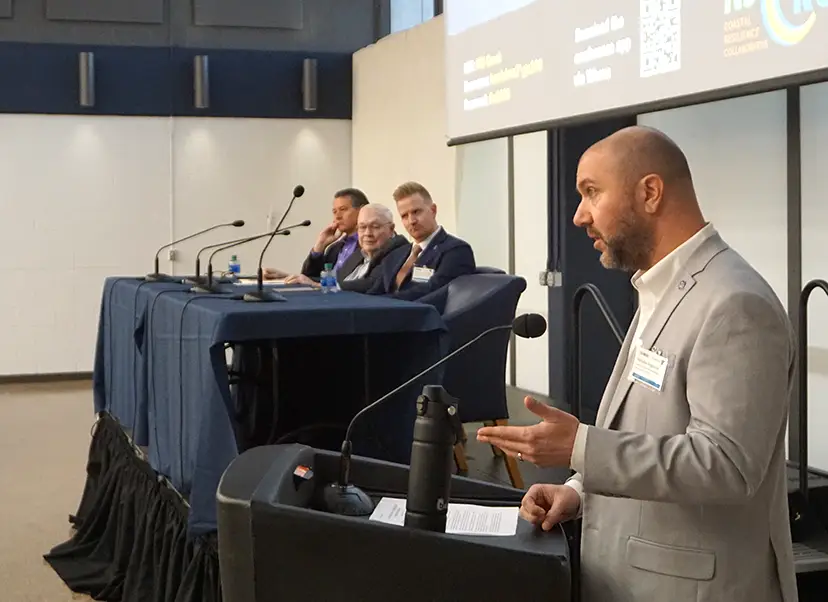
Leadership
The following professionals help guide the goals and programs for New Jersey Coastal Resilience Collaborative.
Co-Chairs
- Lisa Auermuller – Megalopolitan Coastal Transformation Hub/Rutgers University Department of Marine and Coastal Sciences
- Martha Maxwell-Doyle – Partnership for the Delaware Estuary
- Elizabeth Semple – The Nature Conservancy
Managing Directors
- Amanda Archer – Jacques Cousteau National Estuarine Research Reserve (JC NERR) at Rutgers University
- Tom Herrington – Urban Coast Institute at Monmouth University and
Coastal Community Resilience Specialist, New Jersey Sea Grant Consortium - Laura Kerr – Coastal Engineering Research Group at Stevens Institute of Technology and Coastal Resilience Specialist, New Jersey Sea Grant Consortium
Board of Directors
Term 2024-2025
- Elissa Commins – NJAFM (NJ Association of Floodplain Management)
- Stan Hales – Barnegat Bay Partnership
- Charlene Kiley – Monmouth County
- Lindsey Massih – New Jersey Future
Term: 2024-2026
- Tim Dillingham – American Littoral Society
- Terry Doss – Meadowlands Research & Restoration Institute at the N.J. Sports and Exposition Authority
- Jon Miller – Stevens Institute of Technology
- Tanya Rohrbach – Sustainable Jersey
Term: 2024-2027
- Nick Brown – HDR Inc
- Tony MacDonald – Monmouth University Urban Coast Institute
- Ed Mahaney – Former Mayor, City of Cape May (1995-96; 2008-16), Mahaney Consulting
Ex-Officio
- Nick Angarone – Chief Climate Resilience Officer, NJ Department of Environmental Protection
- Rebecca Hill – Principal Environmental Specialist, NJ Department of Environmental Protection
Workgroup Leads
- Angela Andersen – Long Beach Township, NJ – Municipal Workgroup
- Amanda Archer – JCNERR (Jacques Cousteau National Estuarine Research Reserve) – Technical Assistance Coffee Chat Workgroup
- Meredith Comi – Urban Coast Institute at Monmouth University – Ecological Restoration and Science Workgroup
- Terry Doss – Conference and Event Planning Workgroup
- Mike Galvin – JMT Consulting – Field Site Visit Workgroup
- Danielle McCulloch – US Fish and Wildlife Service – Coastal Habitat & Aquatic Resources Restoration and Management (CHARRM) Workgroup
- Karl Vilacoba – Monmouth University Urban Coast Institute
- Adrianna Zito-Livingston – The Nature Conservancy – Beneficial Use Learning Network Workgroup
Leadership Bios
(In alphabetical order)
Nick Angarone, PP/AICP
Board of Directors, Ex-Officio
As New Jersey’s Chief Resilience Officer, Nick coordinates statewide policy on climate resilience and serves as Vice-Chair of the Interagency Council on Climate Resilience. In that capacity, he leads and directs the development and implementation of the Statewide Climate Change Resilience Strategy, and provides education, training, planning, and technical assistance to local governments in their efforts to address the impacts of climate change. Nick also manages the Office of Climate Resilience at the NJ Department of Environmental Protection (DEP) where he oversees the Bureau of Climate Resilience Planning, the Blue Acres buyout program, and Resilient NJ, the state’s climate resilience planning program. He serves as New Jersey’s Coastal Manager and administers the New Jersey Coastal Management Program at DEP. Nick has been active with the NJCRC since its inception in 2016.
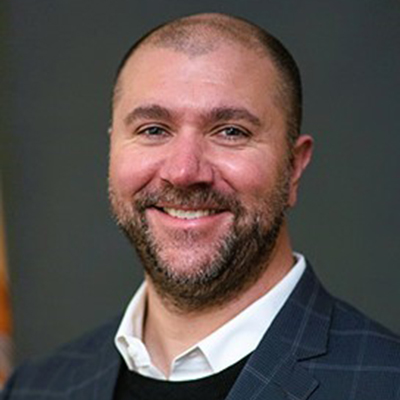
Amanda Archer
Managing Director and Technical Assistance Coffee Chat Workgroup Lead
Amanda Archer is the Training & Engagement Coordinator at the Jacques Cousteau National Estuarine Research Reserve – Rutgers University and also serves as a Managing Director for NJCRC. Her role at the Reserve is to advance resilience in NJ coastal communities through science communication, stakeholder outreach, and training for coastal decision-makers. She plays a key role in fostering collaboration among government agencies, academic institutions, and community leaders on a diverse portfolio of initiatives focused on coastal community resilience, habitat restoration, and watershed management. Amanda also leads the NJCRC Technical Assistance Coffee Chat Workgroup, creating spaces for shared learning and innovation. Her favorite place along the New Jersey coast is the Mullica River estuary, where she is deeply committed to preserving its ecological integrity for generations to come.
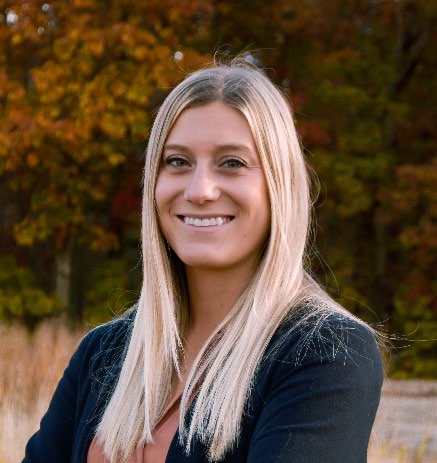
Lisa Auermuller
Co-Chair
Lisa Auermuller serves as the Executive Director of Rutgers’ NSF-funded Megalopolitan Coastal Transformation Hub (MACH). In this role, Lisa is the central manager of the overall operations of the multi-institutional effort. Lisa establishes mechanisms for collaborative sharing of findings among project partners, conducts regular outreach to promote coordination and collaboration with government agencies and community leaders, and facilitates meaningful and routine collaboration and sharing among project partners. Prior to 2023, Lisa was the Assistant Manager of the Jacques Cousteau National Estuarine Research Reserve (JC NERR) in Tuckerton, NJ, where she had been employed since 2002. Lisa oversaw the day-to-day management of JC NERR’s Coastal Center as well as the Reserve’s education, outreach, communications, and Coastal Training Program.
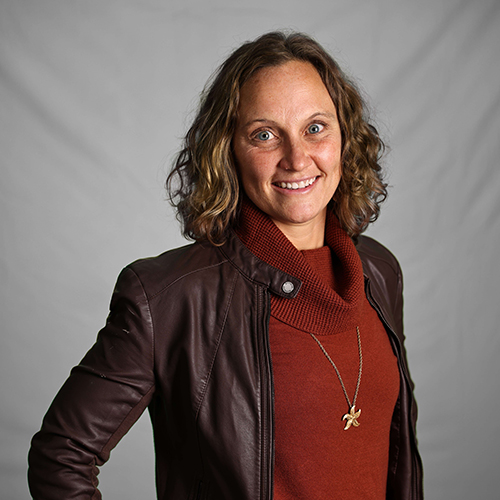
Nick Brown
Board of Directors
Nick Brown is a Coastal Scientist at HDR and has been a partner of the Collaborative since 2022. His role at HDR includes providing coastal services including resilience and adaptive planning to mitigate tidal flooding, storm impacts, and long-term climate impacts including sea level rise. Nick works with many local organizations, municipalities, and agencies to develop solutions to challenges in the coastal zone of New Jersey. He loves spending time cycling and paddling in E.B. Forsythe National Wildlife Refuge.
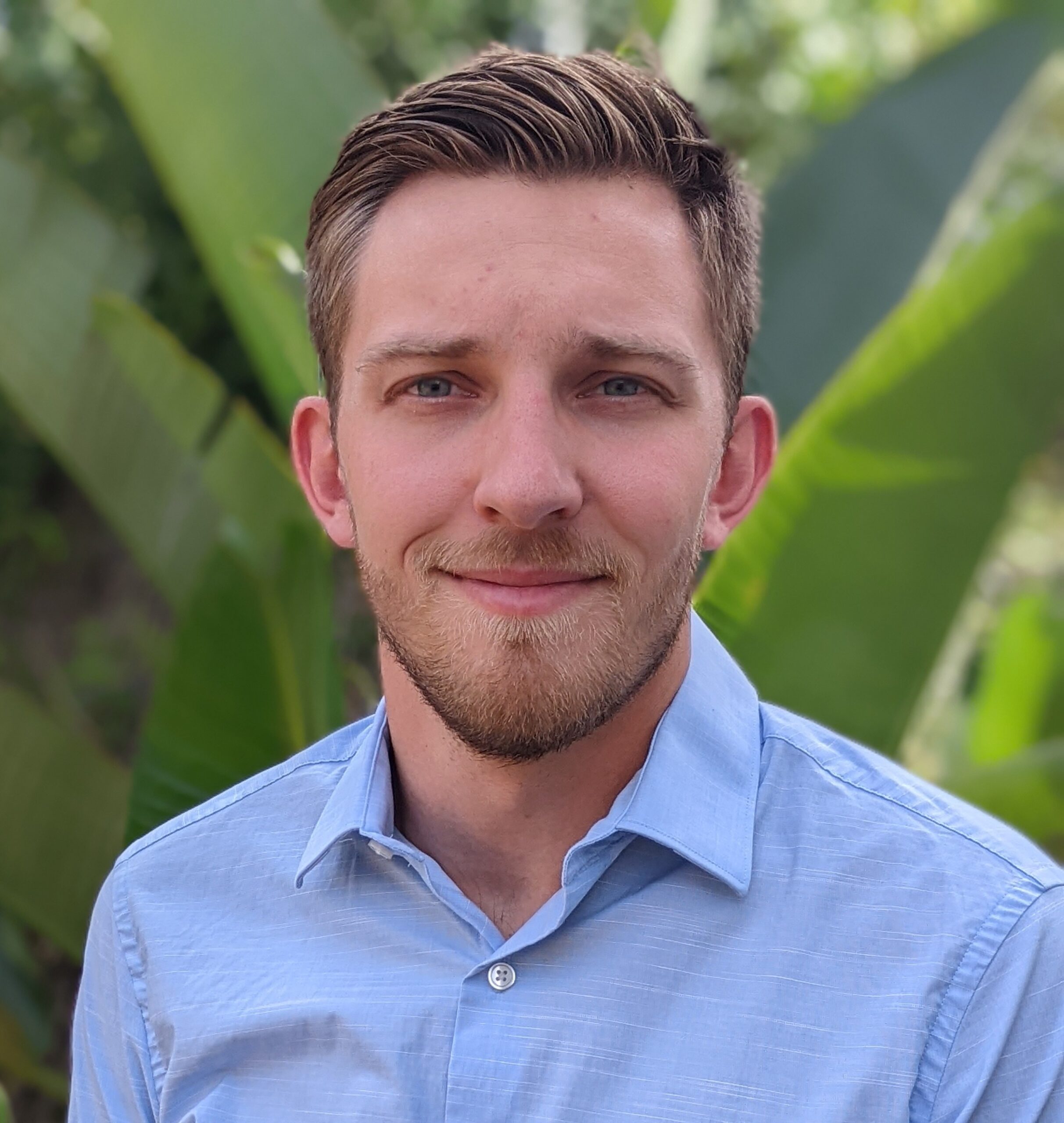
Elissa Commins
Board of Directors
Elissa C. Commins, PE, works as the Township Engineer & Floodplain Manager for the Township of Brick in Ocean County. She was hired in 2013 to aid in the township’s recovery from Superstorm Sandy. Soon after being hired, she became a certified floodplain manager and an active member of NJAFM. As a past Chair of NJAFM, she has been a partner with the NJCRC since 2021, where she brings a unique expertise on implementing resilience efforts at the local, community level. New Jersey’s coast is where she chooses to live, work and recreate, where she serves her neighbors and friends in low-lying community within the tidal flood plain of the Barnegat Bay.

Tim Dillingham
Board of Directors
Tim Dillingham has led the American Littoral Society as its Executive Director since 2003. His work has led to expanded advocacy regarding the restoration of Barnegat Bay and other coastal areas, a comprehensive program of habitat restoration and resiliency on Delaware Bay, new partnerships to promote community-based restoration projects, expansion of marine education programs in underserved communities throughout New Jersey, increased public access to the coast, and the use of nature-based approaches to increasing coastal resiliency in the face of a changing climate. He is currently the co-chair of the Stakeholder Advisory Committee on Aquaculture and Red Knots, past co-chair of the Coastal Resiliency Collaborative, and a (founding) past Board member of the New Jersey League of Conservation Voters. He is a past Board Chair of Restore America’s Estuaries. He served as a member of the Steering Committee for the NJ Climate Change Alliance.
He was a gubernatorial appointment to the original Highlands Council and co-chaired the Public Access Task Force for the Senate Environment Committee which led to the enactment of the Public Trust Act.
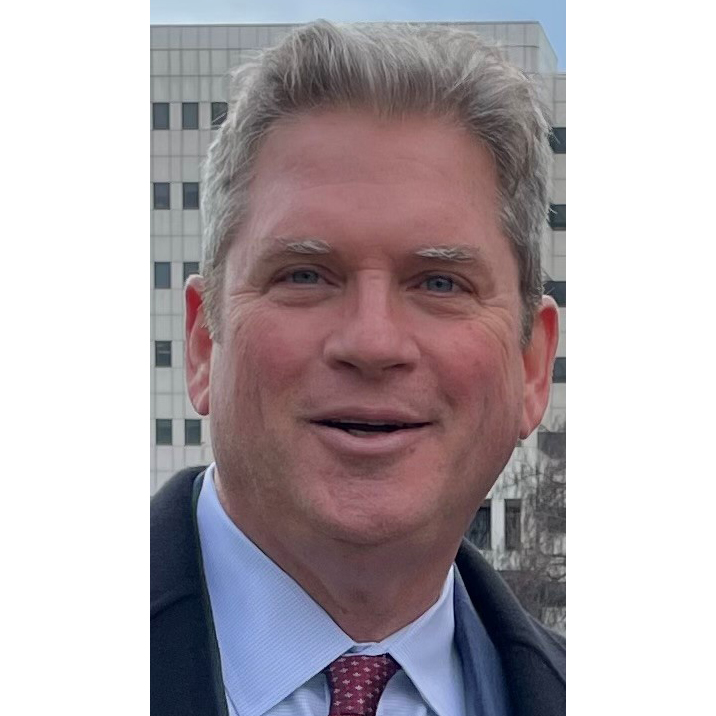
Terry Doss
Board of Directors
Terry Doss, CERP, is a restoration ecologist who serves as Co-Director and Chief Restoration Scientist for the Meadowlands Research & Restoration Institute of the New Jersey Sport and Exposition Authority. Over the past 35 years, Terry has served as a local leader in restoring the natural areas located within the urban wildlands of New York and New Jersey, with a primary expertise in managing coastal and wetland restoration projects using nature-based solutions to reduce flood risks while improving resiliency for coastal communities. Terry also serves on New Jersey’s Natural Resource Restoration Advisory Council, the NJ Interagency Advisory Council on Climate Resilience, the NY-NJ Harbor and Estuary Program’s Restoration Working Group, and is on the Board of Directors for the NJCRC and NY/NJ Baykeeper. Terry received a BS in Agricultural Sciences – Natural Resources Economics and a Master of Marine Policy, both from the University of Delaware, and studied Earth Sciences as part of a PhD program at Lehigh University.
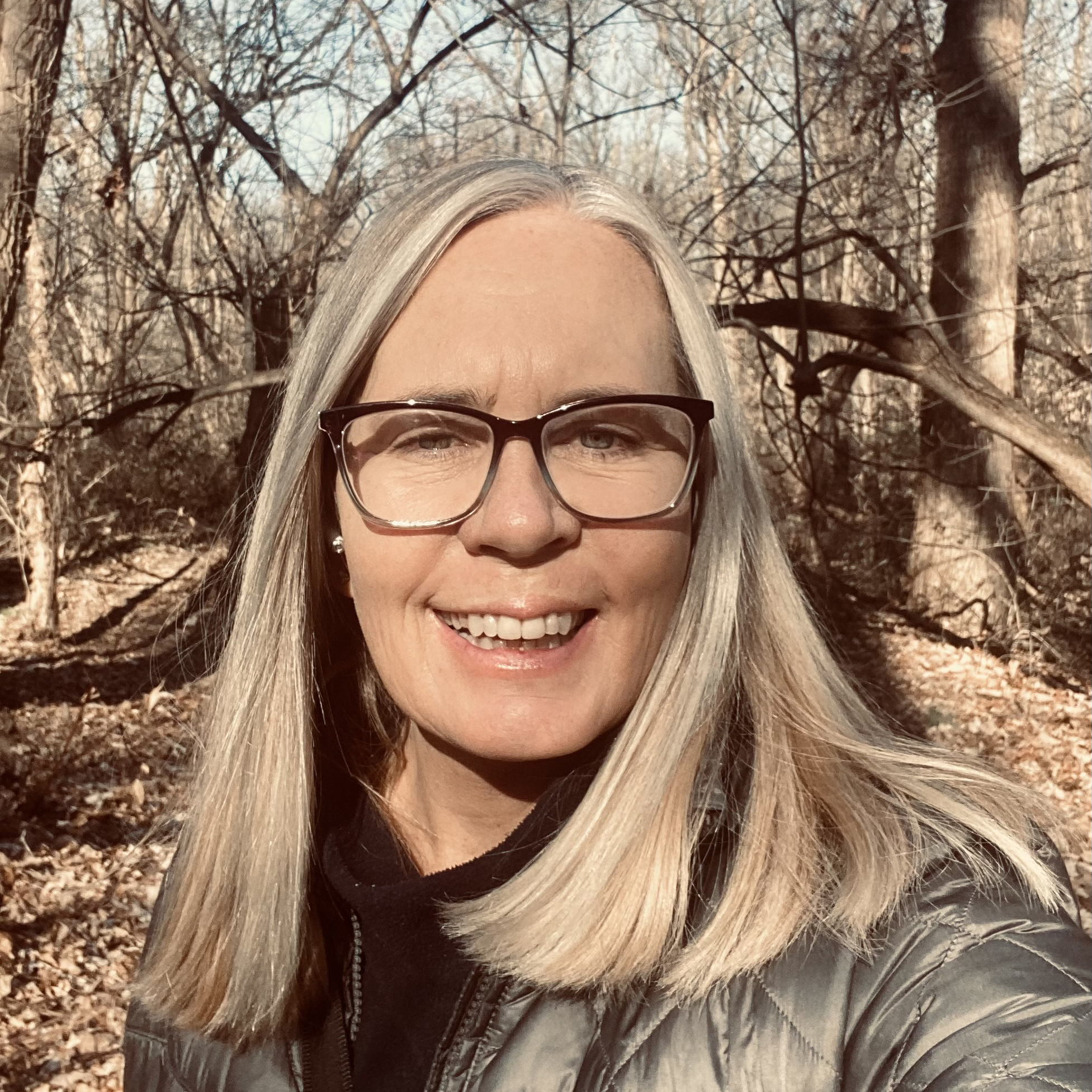
Mike Galvin
Field Site Visit Workgroup Lead
Mike Galvin is the chair of the Field Site Visit Workgroup and a member of the NJCRC Board of Directors. Mike is also the National Service Line Leader for Water Resources at JMT, a multi-disciplinary, 100% employee-owned consulting firm that has been an NJCRC partner since 2023. Mike has extensive engineering experience designing and implementing ecological restoration, stormwater management and flood mitigation projects. Once winter hibernation is over, you can find Mike and his family swimming, fishing, bird watching and building resilient sand castles as they explore the impressive New Jersey coastline.
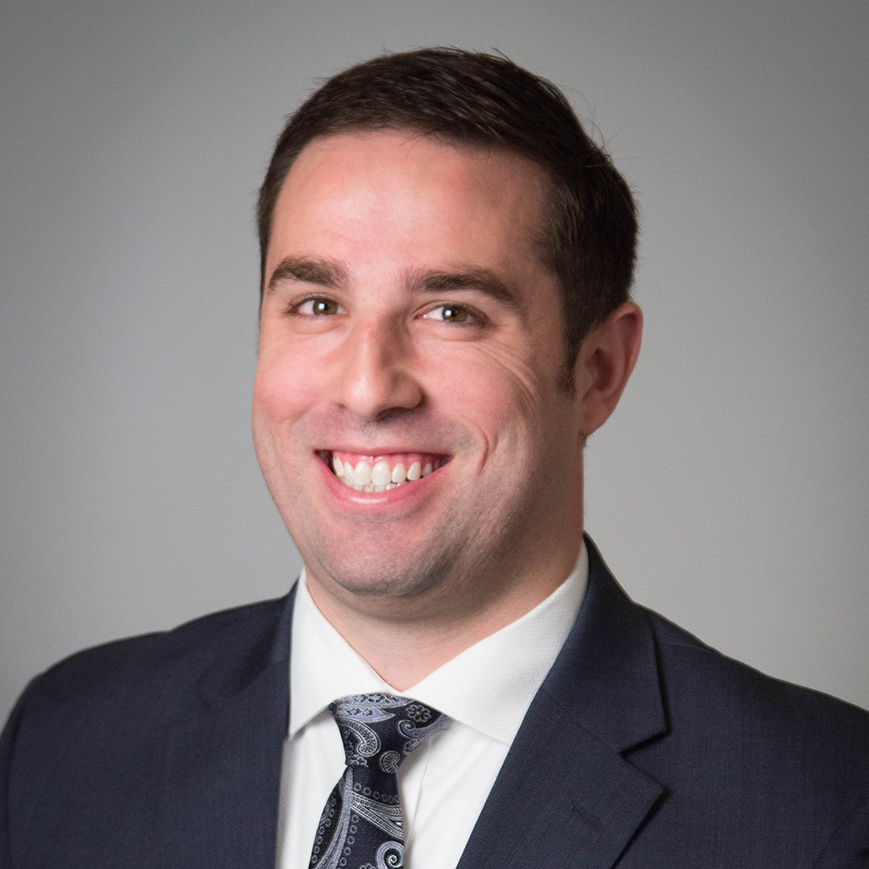
Tom Herrington
Managing Director
Thomas Herrington, Ph.D., is the associate director of the UCI and serves as the New Jersey Sea Grant Consortium resilient communities and economies specialist. He was previously the director of the ocean engineering graduate program at Stevens Institute of Technology and the director of the New Jersey Coastal Protection Technical Assistance Service. Tom has more than 30 years of experience in coastal sustainability and hazard mitigation research, including the analysis of storm surge and wave impacts on coastal communities. He has authored or coauthored more than 100 journal, outreach and technical publications in the field of coastal and ocean engineering, including the NJ Sea Grant Manual for Coastal Hazard Mitigation, and is a contributing author to Blue Dunes: Climate Change by Design. He presently serves on the FEMA Region II Coastal Outreach Advisory Team and is on the Board of Directors of the American Shore & Beach Preservation Association and the Jersey Shore Partnership.
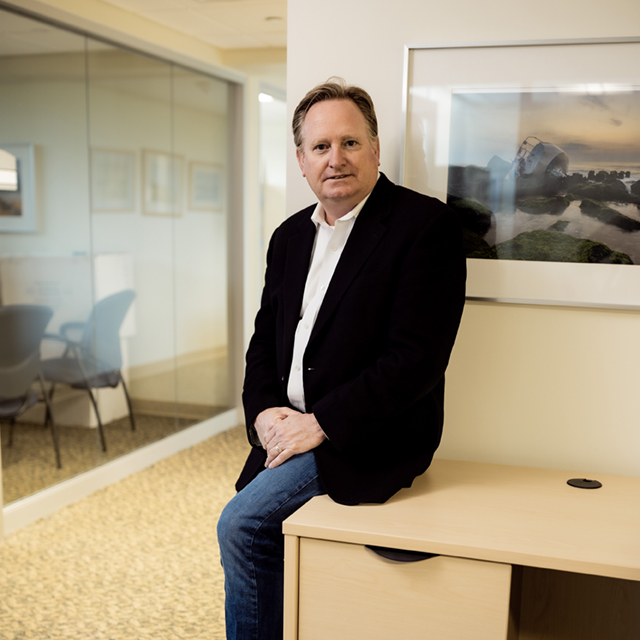
Becky Hill
Board of Directors, Ex-Officio
Becky administers the New Jersey Coastal Management Program at the New Jersey Department of Environmental Protection (DEP) and manages the Bureau of Climate Resilience Planning. Her role through the Coastal Management Program is to support coordination of coastal-related efforts across DEP programs and external partner organizations, and includes topics such as resilience of coastal communities, public access, habitat management and restoration, and communication and outreach efforts. Becky also manages the Resilient NJ program, which is the DEP’s comprehensive statewide resilience planning program that provides technical assistance and resources to local governments to develop community-led municipal and resilience planning documents and actions. Becky has been active in the NJCRC since its inception in 2016.
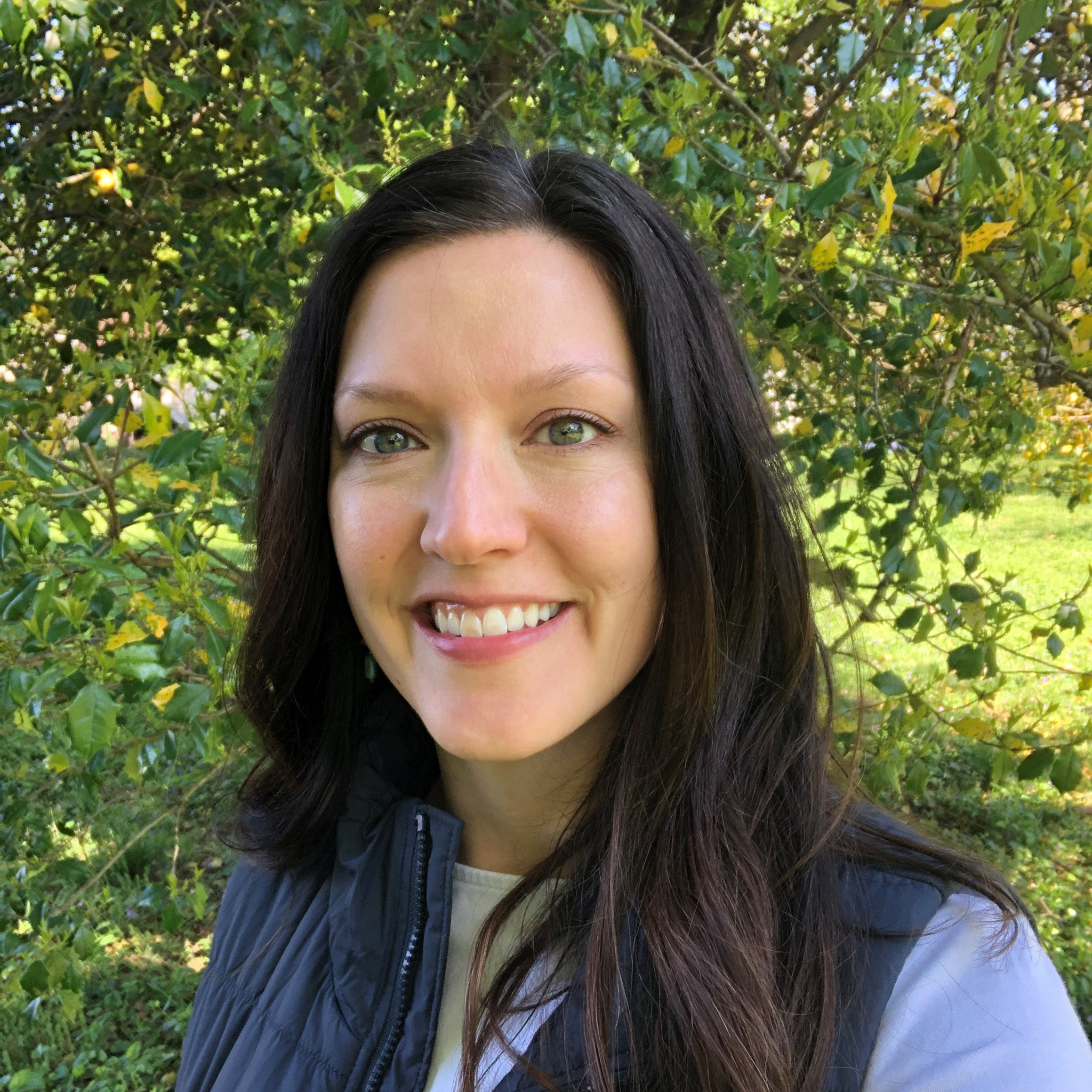
Tony MacDonald
Board of Directors
Tony MacDonald is the director of the Monmouth University Urban Coast Institute (UCI). He was previously the executive director of the Coastal States Organization (CSO) from 1998-2005. Prior to joining CSO, Tony was the special counsel and director of environmental affairs at the American Association of Port Authorities, where he represented the International Association of Ports and Harbors (IAPH) at the International Maritime Organization on negotiations on the London Convention. Tony has also practiced law with a private firm in Washington, DC, working on environmental and legislative issues, and served as the Washington, DC, environmental legislative representative for the Mayor of the City of New York.
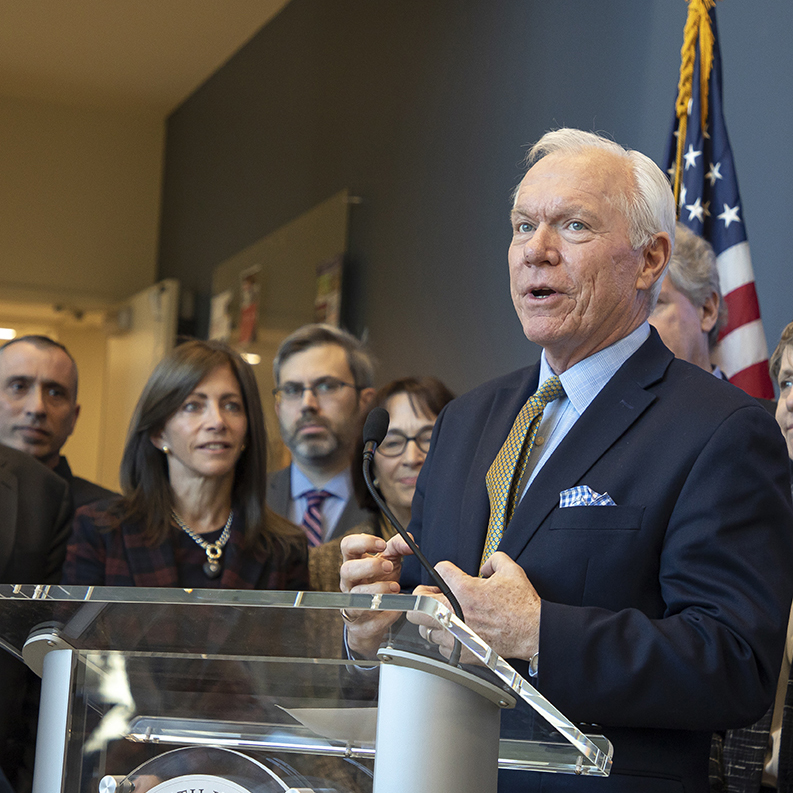
Dr. Edward J. Mahaney, Jr.
Board of Directors
Based upon the skills, training, and varied experiences gleaned from a 45-year teaching and administrative career in special education, and a concurrent period of public service as a Planning Board Member, Councilman and Mayor of the City of Cape May for 21 years, Ed developed a commitment to the protection and enhancement of the beauty, value, and sensitivity of New Jersey’s coastal environmental assets. Ed understands that these assets as the major basis of our local economies, our individual livelihoods, and the balance of nature in our environment. Thus, Ed has established Mahaney Consulting, LLC, and he has contributed and learned about sustainability and resilience as a long-time member of the Sustainable Jersey Board of Trustees and the former Co-Chair and current Board of Directors member of the NJCRC.
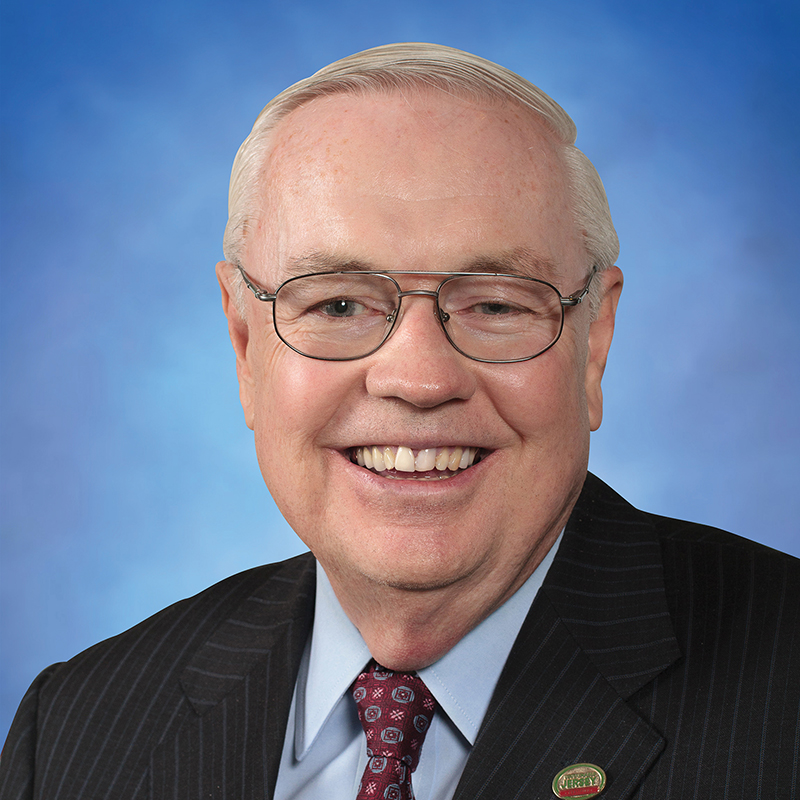
Jon Miller
Board of Directors
Jon Miller is a Research Associate Professor at Stevens Institute of Technology and also serves as the New Jersey Sea Grant Consortium Coastal Processes Specialist and Director of the New Jersey Coastal Protection Technical Assistance Service. In those roles he teaches and conducts research on coastal resilience and is actively engaged in public outreach and education to support sustainable coastal development. With a focus on bridging science and practice, Dr. Miller plays a vital role in shaping coastal resilience policy and engineering throughout New Jersey and the Northeast. His favorite place along the New Jersey coast is whatever beach he happens to be at. Stevens is proud to be one of the initial members of the NJCRC.
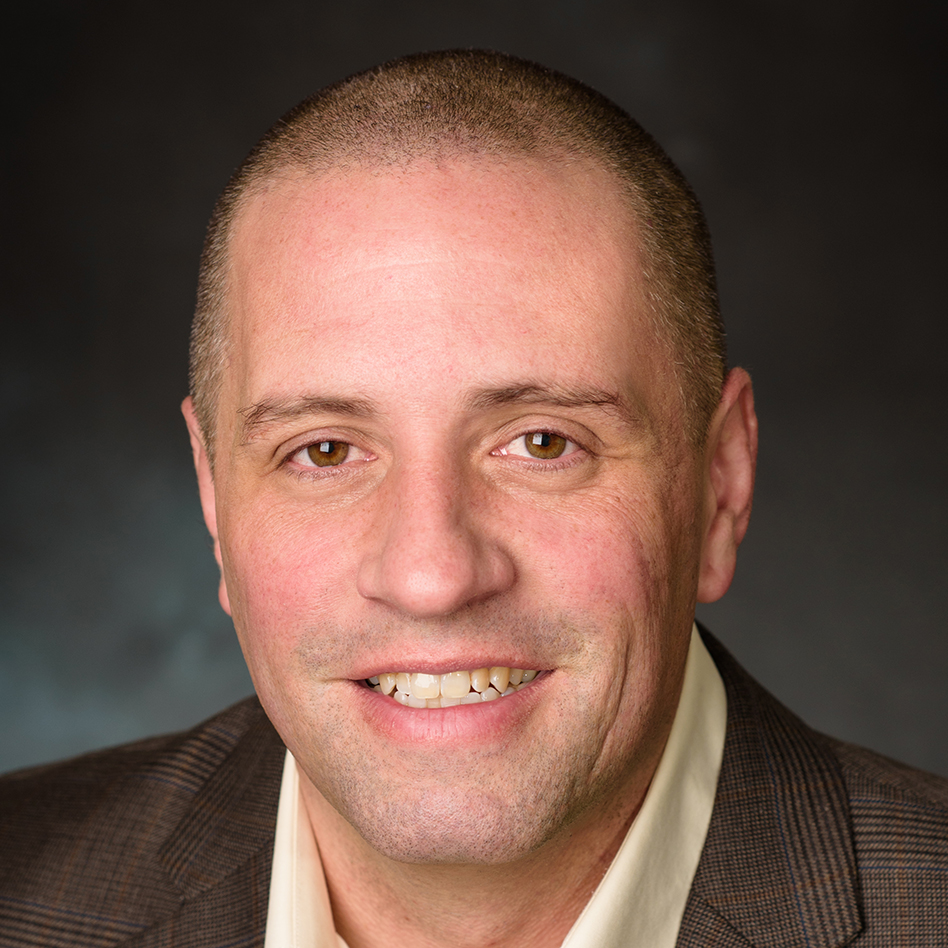
Tanya Rohrbach
Board of Directors
Tanya Rohrbach is Program Manager of Policy and Planning for the Sustainable Jersey Program of the Sustainability Institute at The College of New Jersey. She is a Certified Floodplain Manager and assists local governments in achieving conservation, climate adaptation, and community development goals. Tanya previously served as the chair of the Municipal Workgroup of the NJCRC and has served on the Leadership Committee and Board of Directors. Sustainable Jersey has been a leading member of the NJCRC since the origin of the collaborative. As the lead author of the municipal Guide to Local Climate Change Adaptation Planning, Tanya plays a key role collaborating across sectors and disciplines to promote climate-aware communities and institute municipal climate resilience guidance, standards, and action. Her favorite summertime activity has always been going down the shore for the day.
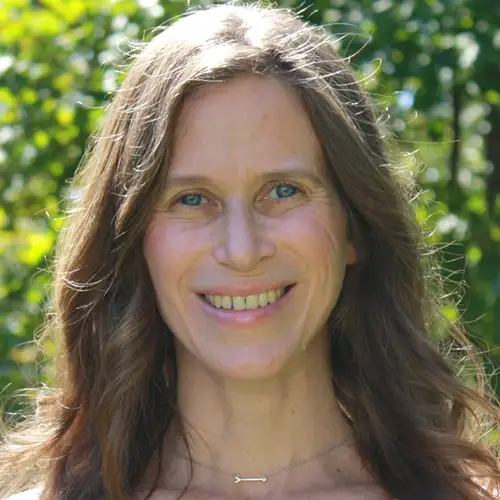
Liz Semple
Co-Chair
Liz Semple is the Director of Coastal Programs at The Nature Conservancy in New Jersey and serves as a Co-Chair for NJCRC. Her role at TNC is to enhance ecosystem health and coastal community resilience through marsh and estuary system restoration. She plays a key role in collaborating with and building upon coastal restoration efforts at the state, regional and local levels. Liz had a long successful career with NJDEP prior to joining TNC and is a founding creator of the NJCRC. Liz co- leads the NJCRC Coastal Ecological Restoration Workgroup and the newly formed Policy Workgroup.
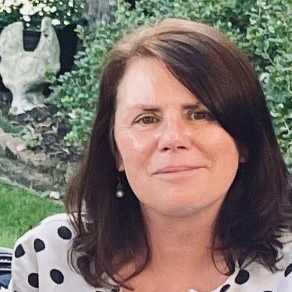
Karl Vilacoba
Communications Workgroup Lead
Karl Vilacoba is the Monmouth University Urban Coast Institute communications director and the project manager for the Mid-Atlantic Ocean Data Portal. Prior to joining the UCI, Karl worked for the North Jersey Transportation Planning Authority, where he oversaw a variety of public outreach efforts and served as managing editor of InTransition, a national transportation magazine published in partnership with the New Jersey Institute of Technology. Karl previously spent a decade as a news reporter and editor for newspapers in the Jersey Shore area and at USA Today’s Manhattan Bureau. A lifelong Shore resident, Karl also served for several years as a member of the Lake Como Environmental Commission and Unified Planning & Zoning Board, helping guide the borough’s recovery after Superstorm Sandy.
